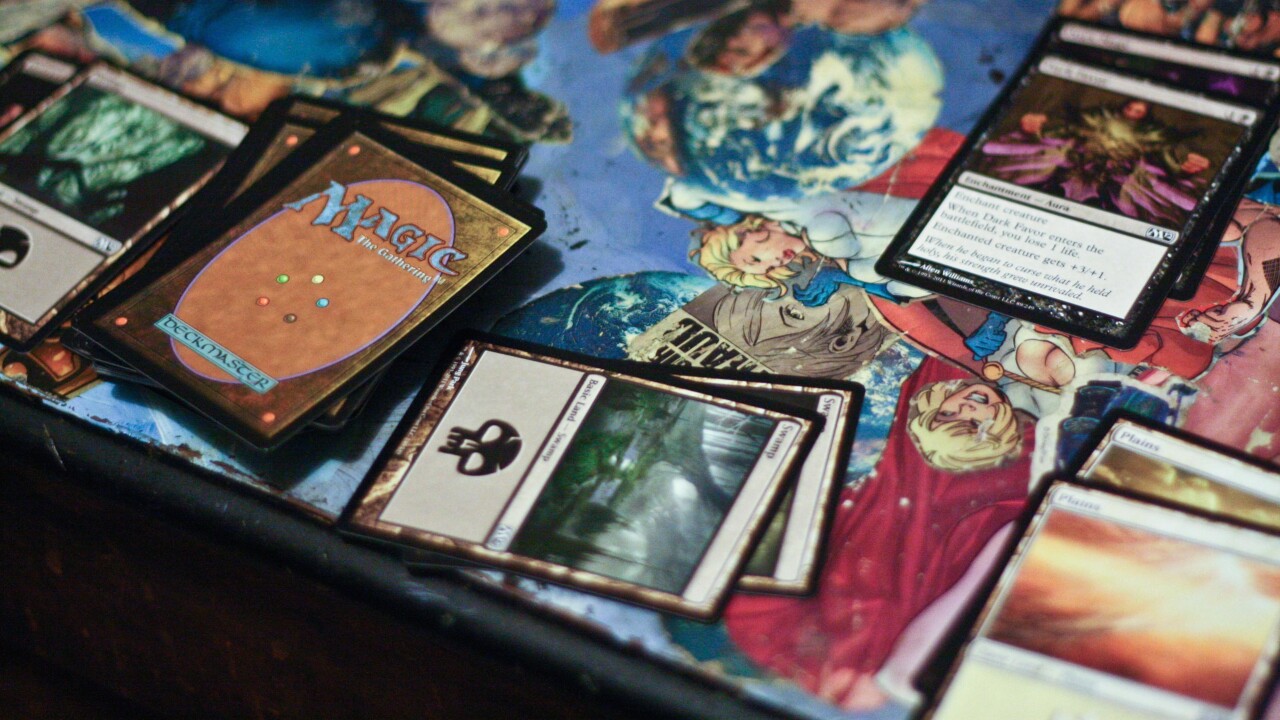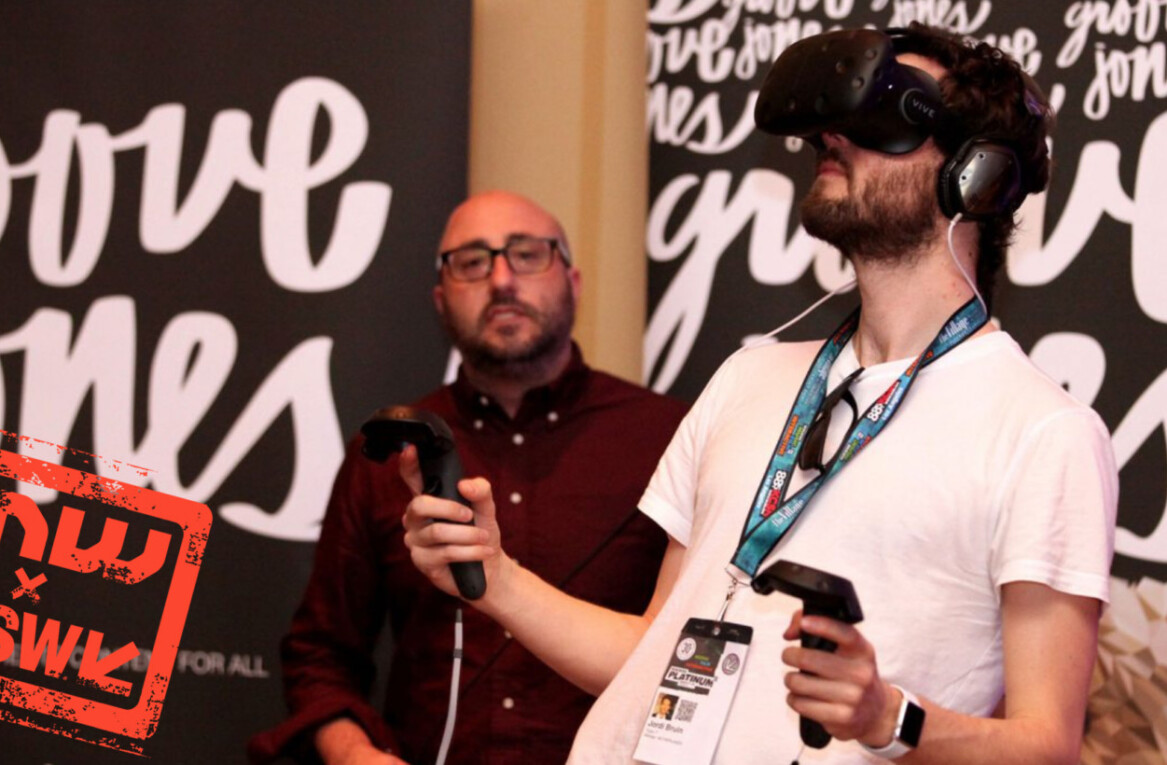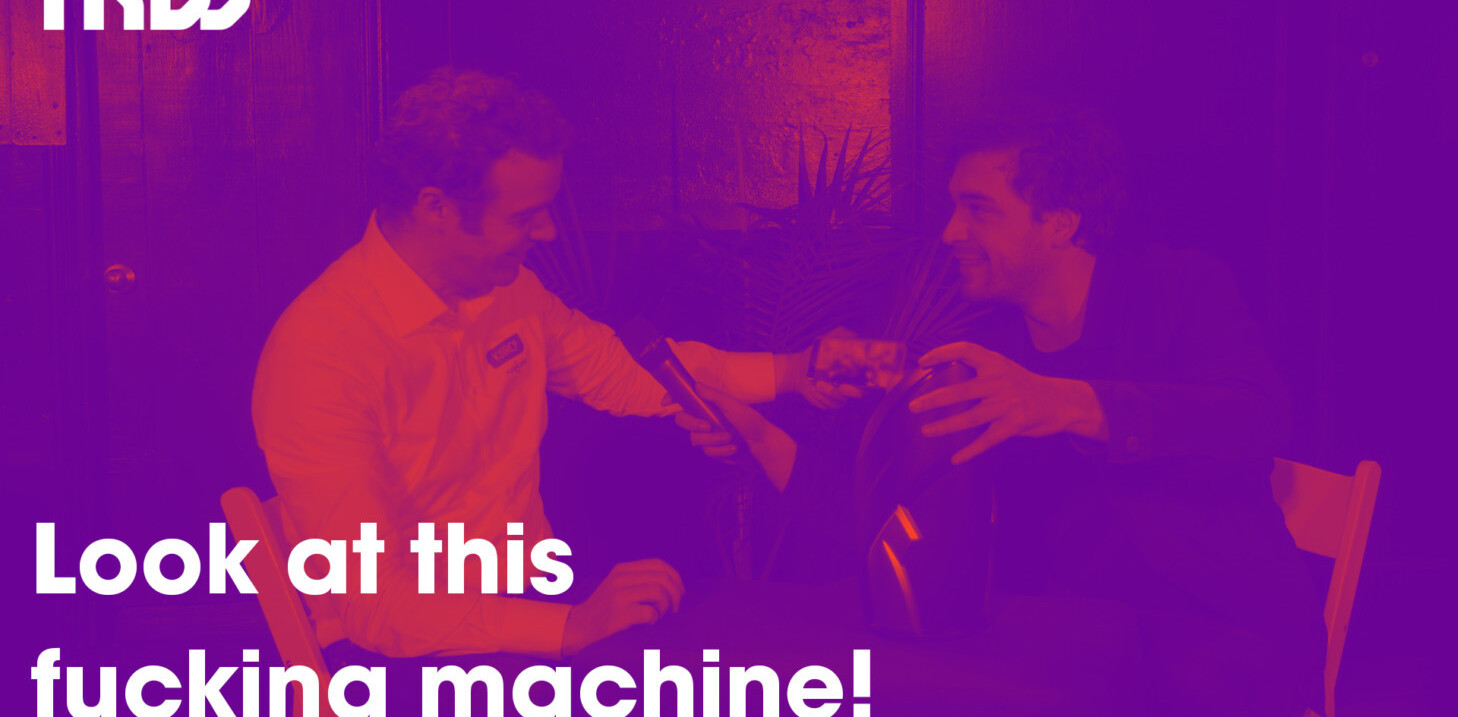
It started back in 2011 when Gizmodo ran a column in which one of its female interns recounts her date with a Magic: The Gathering pro gamer.
Before then, it seemed like a game quietly played by super fans and little kids. After the article appeared, everyone from Joseph Gordon Levitt and Seth Rogen to MMA Fighter Josh Barnett (who apparently plays before a fight) and NFL punter Chris Kluwe are now known to frequent the game, putting Magic back on the millennial map despite its birth in 1993.
Since then, the game has gained quite the momentum. There are now mobile and Web versions of the game, and a Magic-inspired spin created by Magic tournament champions. This year, both the MTG Grand Prix tournaments in Liverpool and Kyoto sold out at maximum capacity, and players around the world still flock to local tournaments or watch them closely on livestreams. NPR’s Planet Money podcast even did a story on the economics of Magic: The Gathering last week.
We’re trained to believe Magic is reserved for the socially-awkward uber nerds. So why, then, is tech community suddenly so interested in this Magic moment?
Adam McCrimmon, Director of Digital Strategy & UX at ad agency HY Connect, says that although hobbies such as playing Magic are designed to help humans foster positive attributes such as creativity, patience and cognitive thinking, Magic goes beyond in its gameplay and design.
In his SXSW panel titled “Digital Strategy Lessons from Magic: The Gathering” (which required an RSVP and saw a full room of attendees), he says the game helped him think about how personal endeavors can translate to careers.
McCrimmon says there are three types of failures: one where something bad happens and you don’t really care, another when something bad happens but it’s not your fault so it’s okay.
But the third – an invested failure – is what ticks us the most. It’s when you are responsible for something that goes wrong, and the result matters to you on a personal level.
“Invested failure is a big deal. Overcoming it can be transformative,” he says. The tech industry is all about embracing failure, which is why realizing he sucked at the game, and later learning to be good at it has helped McCrimmon think about gameplay with the same rigor and strategy he puts into his professional life.
McCrimmon also says the history of Magic lends many lessons to UX design, to which many people in tech can relate.
For example, Magic cards have received substantial redesigns within the past decades. Each of the card color dictates specific creature abilities and physical attributes, which the game sticks by fairly strictly.
Small visual touches such as shimmery graphics around the border of the card give players a quick glance at which cards are more powerful and rare, while simple iconographic changes help simplify gameplay.
These are the same design goals and challenges we see all the time when designing a product, McCrimmon says. By making sure all of the visual elements fit into a standard Magic card size and are communicated to players intuitively, he believes it’s part of why designers, developers and product managers heavily appreciate the game.

Even the order in which the 15 cards are arranged when you open a pack are designed so users go from common cards to rare ones, creating excitement in a single packaging. “These limitations push the boundaries of our creativity,” he says.
Magic: The Gathering is the second most profitable franchise parent company Hasbro owns, coming in just after Nerf. Which speaks volumes, when you consider that Hasbro’s other toy and gaming properties include Star Wars, Transformers, Sesame Street, Jurassic Park and My Little Pony.
Looking around the conference room, I saw an IBM designer, a woman from BBC’s marketing team, another woman working in health advocacy – all of whom admit to playing Magic regularly. But it’s hard to vouch for Magic when the more well-known players are those who play in pro competitions and fit the stereotypes of the socially-awkward nerds.
As our perception shift with time and geekdom becomes cool (or at least commonplace), perhaps the stigma will eventually fade and we’ll continue to hear the game presented in a more positive context.
That is, if we can convince the internet to stop making fun of its own friends.
Top image: WordPress/Asuka002
Get the TNW newsletter
Get the most important tech news in your inbox each week.







